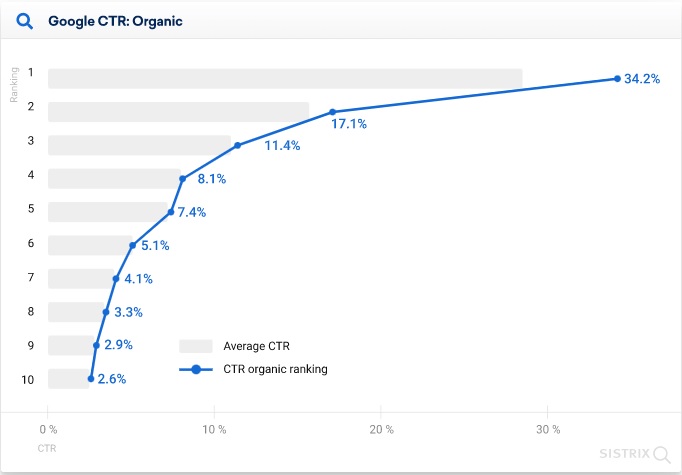The cost of Google advertising is about to rise; one more reason to focus on SEO
The Mountain View giant is about to pass on the cost of the UK Digital Service Tax (DST) to advertisers. Today, the company sent an email to inform its customers that a 2% increase in the bill will be applied for advertising made across the Channel.
Cost will go up also for the ads published in Austria and Turkey. There will be a 5% increase, to pass on some new “digital taxes” to advertisers.
Advertising allows immediate visibility and peak traffic for your website, but it is not always sustainable in the long term. And when you stop advertising, if you are not organically positioned, your site often literally disappears from the web.
For this reason, the increase in the cost of advertising can only remind us of the importance of an SEO investment. With an adequate positioning strategy, you will get a natural and continuous traffic and you will be less dependent on advertising: every click obtained organically, or through a link in the Google search results, will be a paid click saved.
Google users make over 3.5 billion searches every day. The companies that appear at the top of the SERP (the results page) are those that share more than 50% of the traffic:

An SEO strategy is a great complement to Pay Per Click advertising. As the cost of advertising in the UK will rise soon, and there are grounds for the increase to also affect other target countries for your advertising, now is the right time to review your Google ranking and set your SEO goals.
How is your company’s website positioned? For which keywords would you like to be on the first page on Google to be found by your next customers?
If you are interested in learning how to scale the SERP and gain visibility and organic traffic, contact us for advice.




